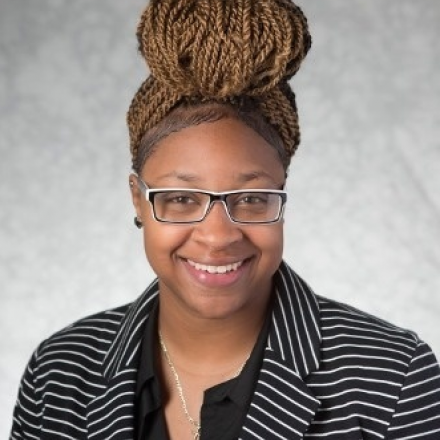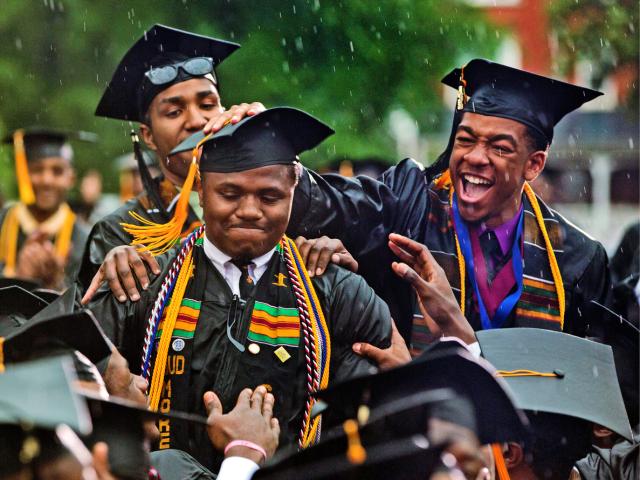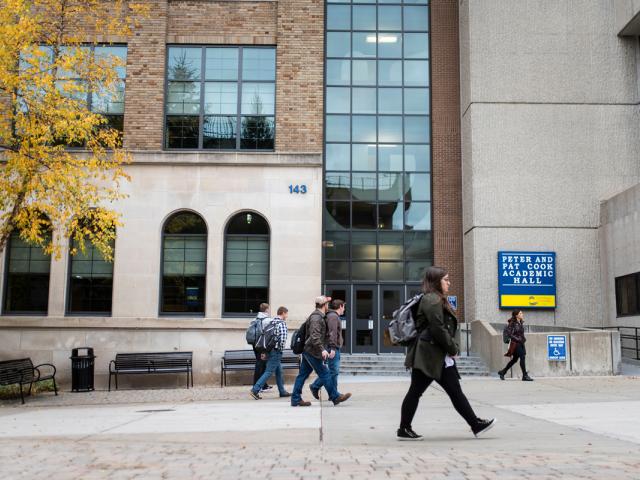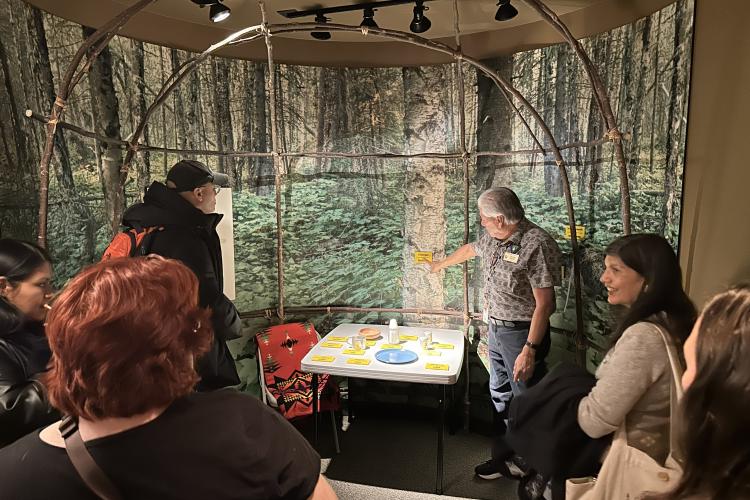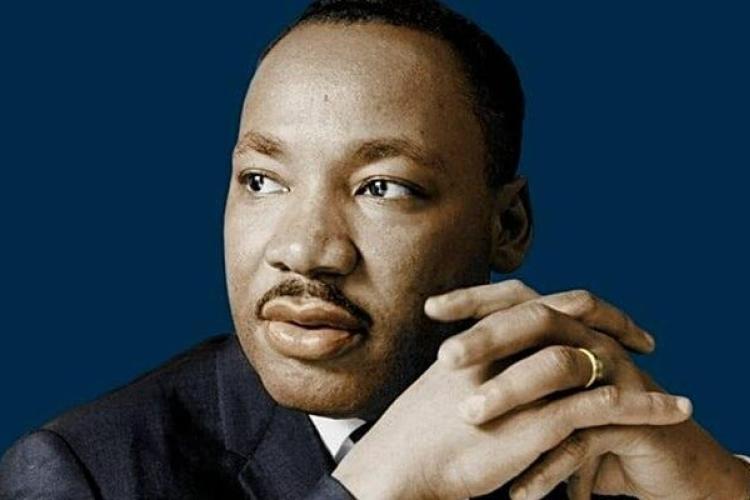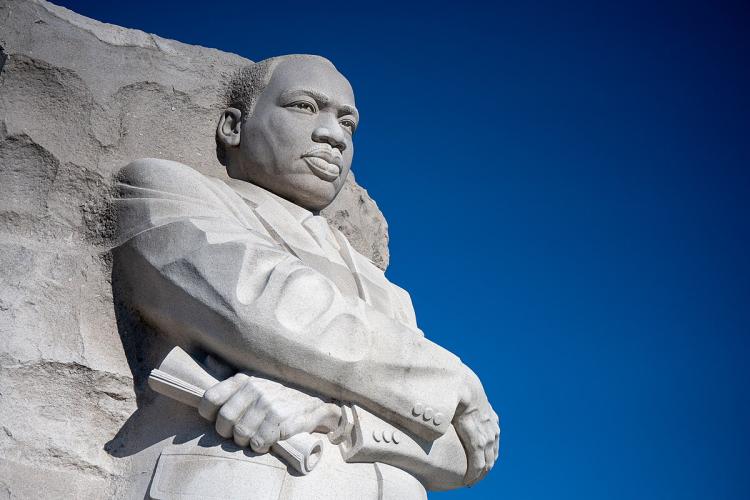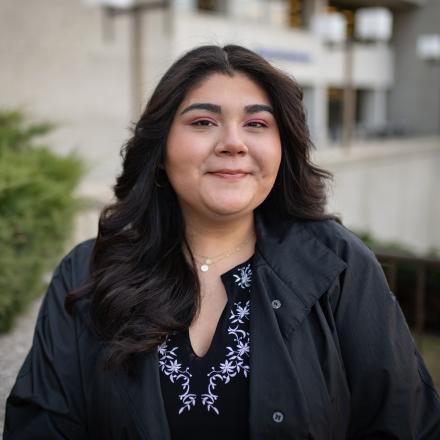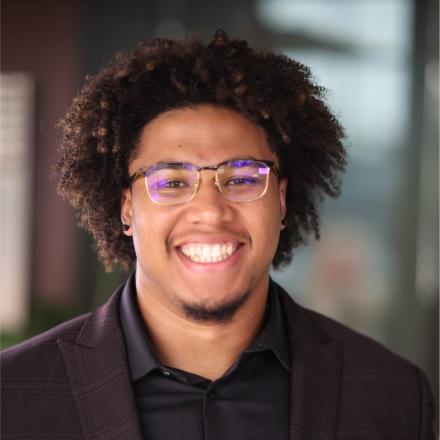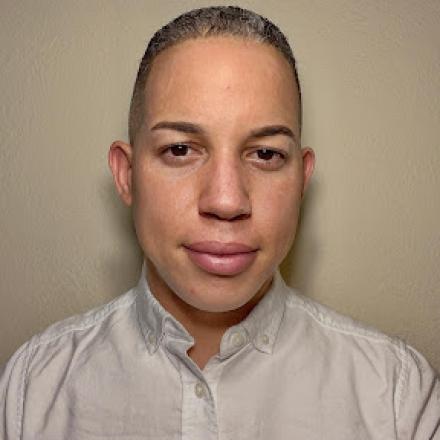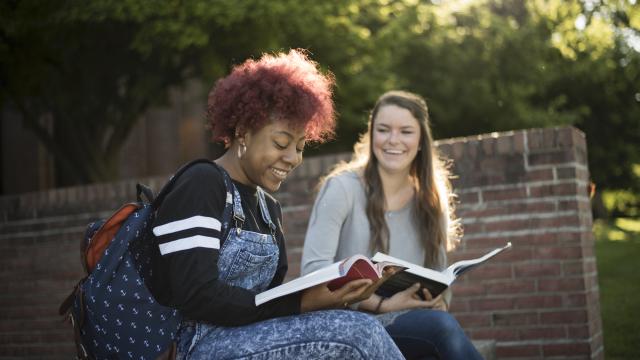
Notice: Location
New location: During renovations, the Woodrick Center for Inclusion and Multicultural Affairs will be in Suite 347 in the Student Center (2024-2025).
The Bob and Aleicia Woodrick Center for Inclusion and Multicultural Affairs aligns services and programs with the far-reaching goals of the strategic plan. A core focus of the center is to support the needs of students, identify, acknowledge, and address institutional practices that are exclusionary and instill a sense of belonging and access for any member of GRCC’s community. The Woodrick Center for Inclusion and Multicultural Affairs aims to accomplish this mission through initiatives that:
- Use data-informed best practices to build cultural competence.
- Support students with disparate enrollment and academic completion rates.
- Foster a paradigm shift in instructional practice.
- Encourage responsive empathy and respect among GRCC stakeholders.
- Forge partnerships with West Michigan groups and organizations committed to equity.
Important Forms
- Rise Up & Achieve Student Application
- Rise Up & Achieve Mentor Interest Form
- Needs Assistance Intake Form
Purpose
The Woodrick Center for Inclusion and Multicultural Affairs leads institutional objectives that move forward justice, access, and inclusion in every facet of campus policies, procedures, practices, and culture. At the forefront of the Woodrick Center for Inclusion and Multicultural Affairs' rigorous pursuit of cultural competency are the programming and professional development initiatives facilitated under the Woodrick Center Social Justice Consortium.
Two theoretical frameworks move the Woodrick Center for Inclusion and Multicultural Affairs' mission and purpose forward:
The Holistic Student Development Model focuses on students' overall well-being, growth, and intellectual curiosity. The framework articulates the student experience on- and off-campus and recognizes that external factors impeding student success need to be addressed. These factors can include family or home life, housing insecurity, food insecurity, financial insecurity, and other emotional, intellectual, or physiological factors (Broton & Goldrick-Rab, 2018; Patton et al., 2016).
Broton, K. M., & Goldrick-Rab, S. (2018). Going without: An exploration of food and housing insecurity among undergraduates. Educational Researcher, 47(2), 121–133.
Patton, L. D., Renn, K. A., Guido, F. M., & Quaye, S. J. (2016). Student development in college: Theory, research, and practice. Jossey-Bass.
The Cultural Wealth Model focuses on the ways historically marginalized students, staff, and faculty access and experience college from a strengths-based perspective. Yosso (2005) asserts that six forms of Cultural Capital capture the talents, strengths, and experiences that students, staff, and faculty of color bring with them to the college environment. The six forms of cultural capital are: aspirational, linguistic, familial, social, navigational, and resistance.
The Woodrick Center for Inclusion and Multicultural Affairs services highlight the lived experiences and contributions of historically marginalized communities as forms of cultural capital that help these communities navigate, unpack, analyze, and grapple with socio-political, economic, and environmental issues within the context of academia.
Yosso, T. J. (2005). Whose culture has capital? A critical race theory discussion of community cultural wealth. Race Ethnicity and Education, 8(1), 69-91.
Vision
The vision of the Woodrick Center for Inclusion and Multicultural Affairs is to shape a GRCC community that is:
- Steadfast in making principles of justice, equity, diversity, and inclusion the bedrock of institutional policies, procedures, culture, practices, and (new) traditions.
- Intentional in emphasizing the connection between principles of equity and a sense of belonging among historically underserved and underrepresented students, faculty, and staff.
- Innovative in providing equity-centered training and professional development projects.
- Committed to fostering partnerships that are responsive to the needs of GRCC stakeholders and the Grand Rapids community.
Follow the Woodrick Center for Inclusion and Multicultural Affairs on social media
Woodrick Center of Inclusion and Multicultural Affairs Highlights
News
Faculty & Staff
Leadership

Alyssa Gamez
